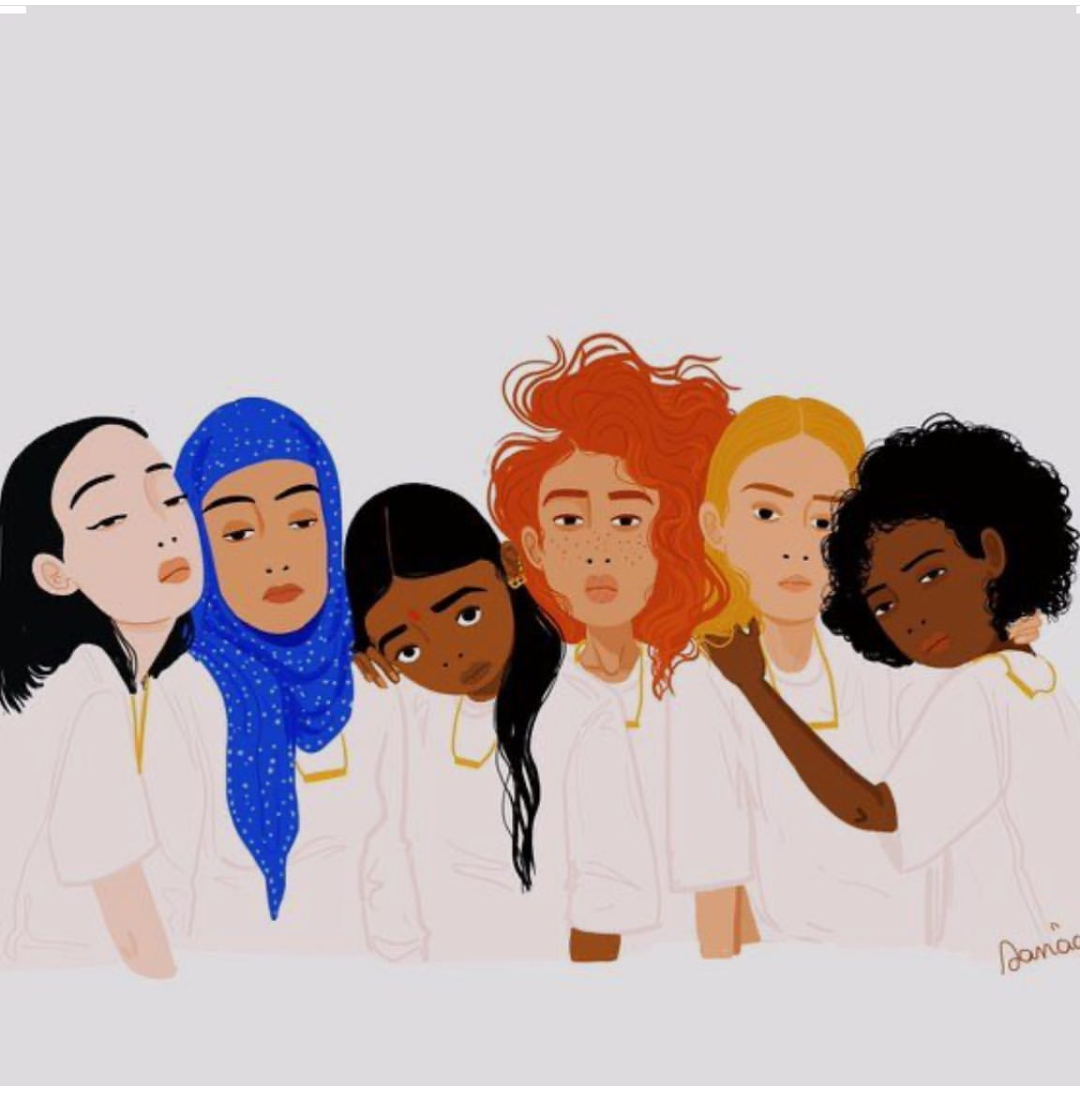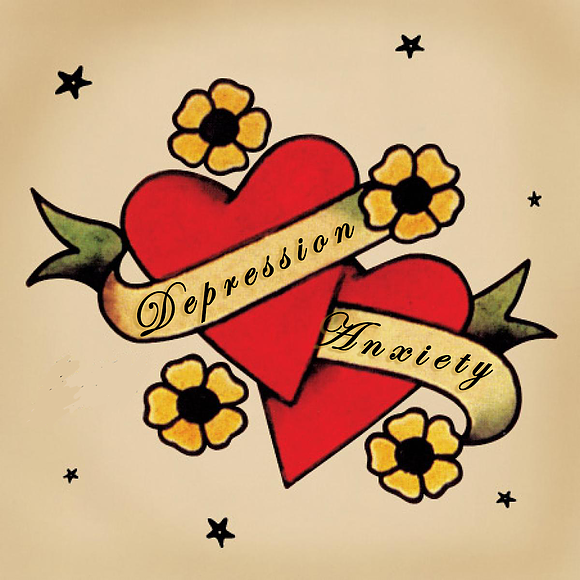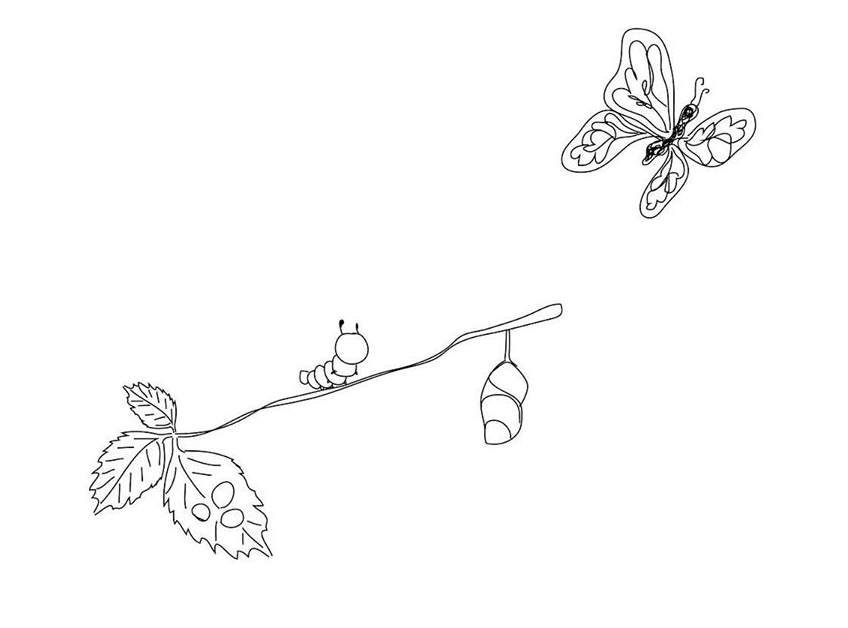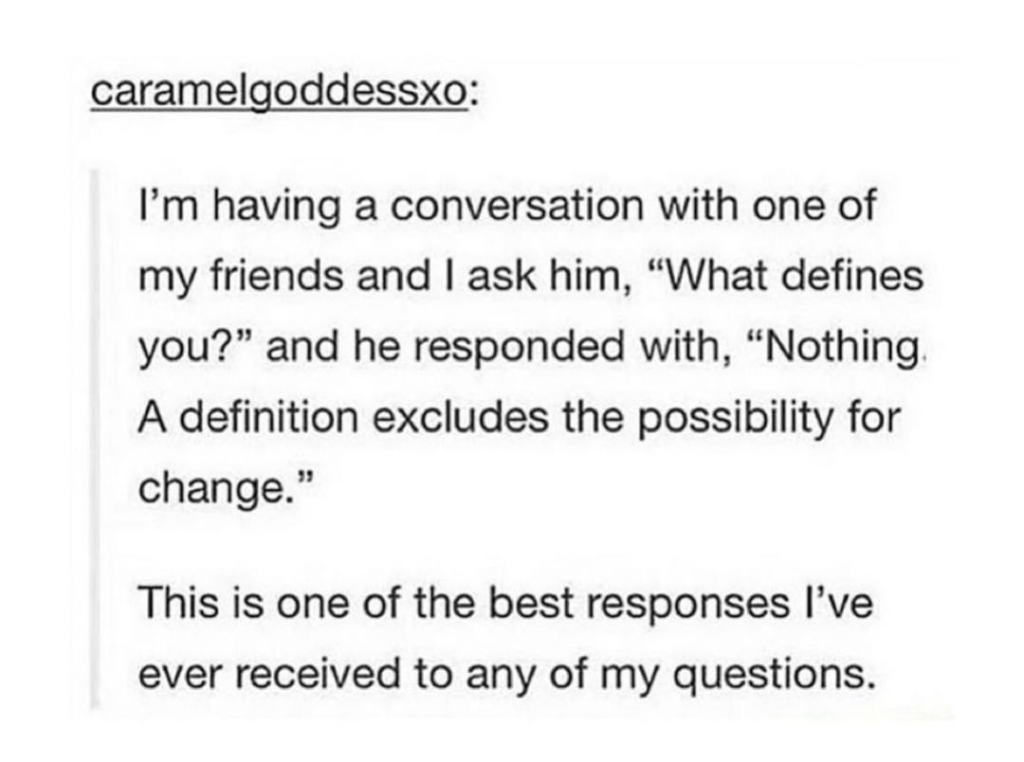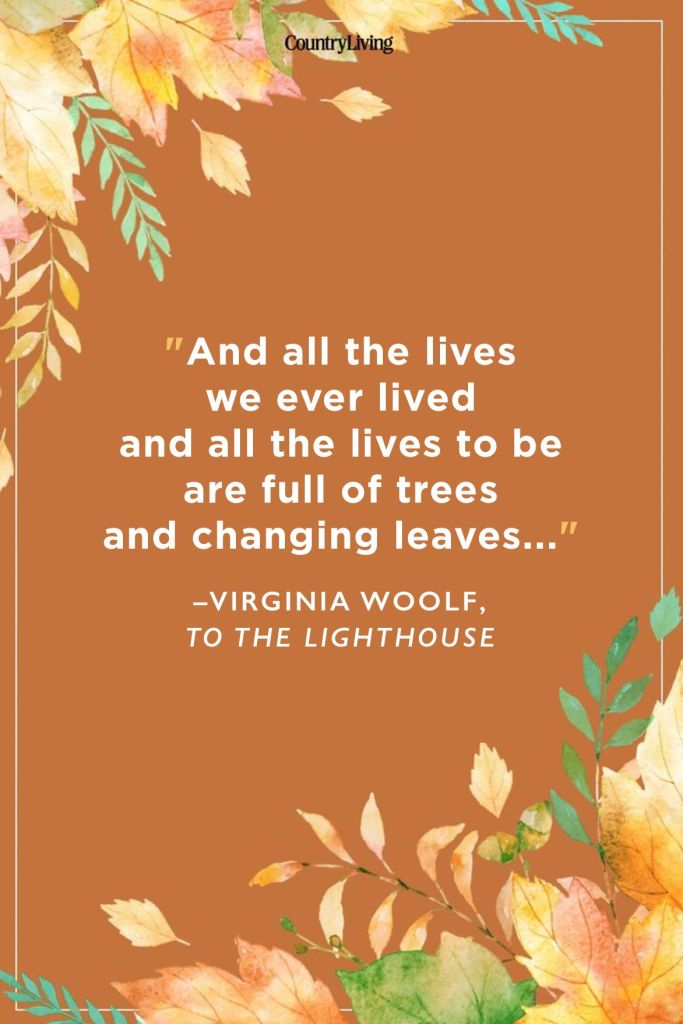I am not sure how to write this blog, how to communicate my thoughts comprehensively, but I will try.
So a few days back I started my college (virtually off-course), and you know the excitement of starting something new, the anxiety, the awkwardness, the uncertainty, the expectations, well I had all of them. But this is not a blog about my first week of college, this is a blog of a sense of recognition at a scale I have never experienced before.
Naturally in the most 2020 fashion, I was put into a WhatsApp group with my classmates, so that we could bond and interact. The conversations began with the casual, “hi, I am this”, “I do that”, “I live here”, “I studied there”, mundane in its most basic sense yet exhilarating and extraordinary.
The group was flooded with texts from 80 odd human beings, I was exhausted by the amount of social skills and energy people had (extroverts are the worst). Gradually the conversation took an interesting turn, we started discussing politics and feminism and our lives.
Suddenly at-least 20 women were contributing to the conversation, acknowledging each other’s experiences, and more importantly, empathizing with their circumstances.

We had half-assed discussions about almost everything, from Divyangana to Kangana, from feminist literature to Kabir Singh, from misogyny at home to sexual abuse online, from trans rights to fascism. And though these discussions were fleeting, unyielding, and haphazard they were fulfilling.
Some might deem these conversations unnecessary, “are you helping in any way?”, “you can only shout and talk, why don’t you do something?”
And why is it that, as a normal citizen I don’t have the right to question the wrongs without simultaneously diving into action? I am a feminist, NOT an activist.
“A feminist perspective” says Nivedita Menon “recognises that the hierarchical organizing of the world around gender is key to maintaining social order; that to live lives marked ‘male’ and ‘female’ is to live different realities.” And this is what I mean when I label myself as a feminist.
When someone asks me these questions, I can’t help but notice the sheer irony of these questions. We live in a society so fragile, that it is threatened by mere discussions, opinions, dialogues. When we can’t even afford to let women speak their mind, do we really have the audacity to say “go and do something”?
These discussions are necessary to signify that we have the right to occupy space, to have an opinion, to express our angst. That an official platform, a center stage of an organization is not of our limits.
As we were sharing, I was shocked by the similarity of our experiences even though we are so different as individual entities. Almost every one of them had been character assassinated in their schools for the lengths of their skirts, or for talking to boys. Almost every one of them has been groped, catcalled, physically abused. Almost everyone body-shamed. Almost everyone shunned for “inappropriate” behavior. Almost every one of them faces misogyny in their own homes. Almost Everyone.

So common, so ordinary, so usual is our suffering and yet so hard to communicate this to the World. So hard to convince that this happens, every day to almost everyone. And I think the problem lies in the fact that we have gotten so used to how things are that they have started to seem ‘ordinary’. Nothing about this ordinary. It should not be.
Amid this conversation, someone said, “this conversation will trigger my angry feminist side”, and someone responded “yes why not? Why shouldn’t we be angry?” and this sparked a lot of thoughts in me.
Anyone who is a feminist knows the journey; first, you are not a feminist; blissfully ignorant and content. Then you observe and discover the reality of the world, and you become a feminist, a bad one. You can never avoid being a bad feminist, that’s the only path to become a good feminist. Then you learn and unlearn, teach yourself and very slowly transform into a “good” or let’s say a well-informed feminist.
So in my recent quest of becoming a good feminist, I have decided that I won’t be an “angry” feminist. I won’t succumb to the stereotype.
My fear of anger taught me nothing.
Audre Lord
I told myself I will imitate my personal Goddess Rega Jha, I will model myself after her, with the right amount of anger, empathy, and profundity.
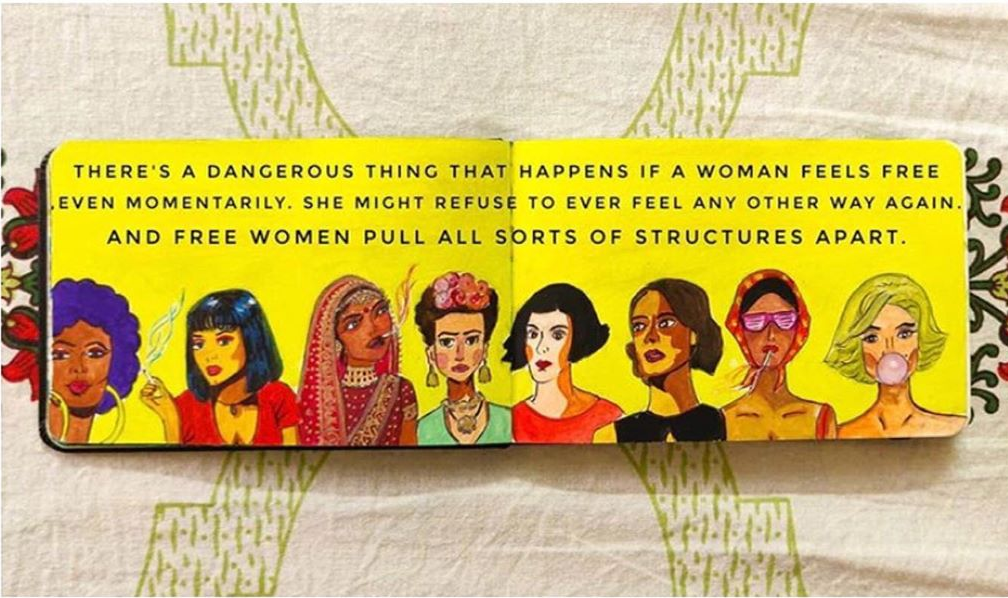
Artwork by – Akankhsa Fulzele
Now coming back to the conversation, “why shouldn’t we be angry?”, I can’t think of any valid satisfactory answer. We ought to be angry, if anger is not our response to the continued oppression then what is? If anger is not our motivation then what is? How will I fight my battles if my soul is not raging? And then someone said, “this is our collective rage”, and everything made perfect sense to me.

Our Shared Rage. This is what binds us as a community of women. The very basis of our sister-hood is this anger. Anger not directed towards one gender or class or race but the universal system that chains us, belittles our existence.
I am aware of how the system of oppression is not uniform, how forces of race, sexuality, and class play a major role in the status of a woman in her immediate society. But the suppression of women for being women is surely constant.
And I have become more convinced of this thought in the days that succeeded our first group interaction. Today, when I write this, I have already shared space with these 80 people for a week, attended at least 15 classes, ignored at least 15k spams on the group.
I don’t listen to BTS music, I don’t know about tictoc aesthetics, I don’t know about Freudian philosophy, I don’t know about Greek Mythologies. The list goes on and on. I don’t know anything about these things, these women care so deeply about.

The only commonality we share is our pain, our inheritance of suppression, and our battles. And it is enough to bind us, since our experiences are always shaped by our identity as a Woman. The intricacies of human life are of no importance in the society we live in. When looked from above, we are all the same, bodies with wombs.
Often our voices are muffled, by the constant noise of this pathetic world, but together we amplify what we are and what we will become. We hold hands, we pledge, and we share our Outrage.
Know you are the type of woman who is searching for a place to call yours.
Sarah Kay
Let the statues crumble.
You have always been the place.
You are a woman who can build it yourself.
You were born to build.
